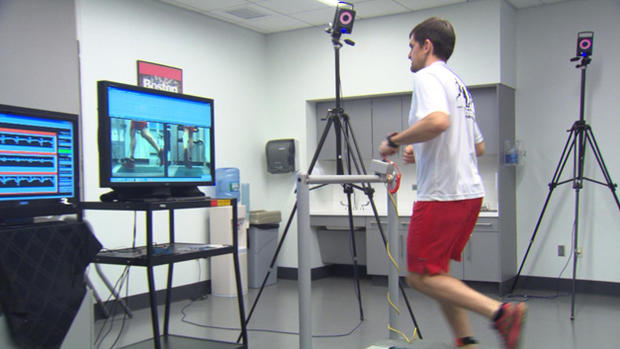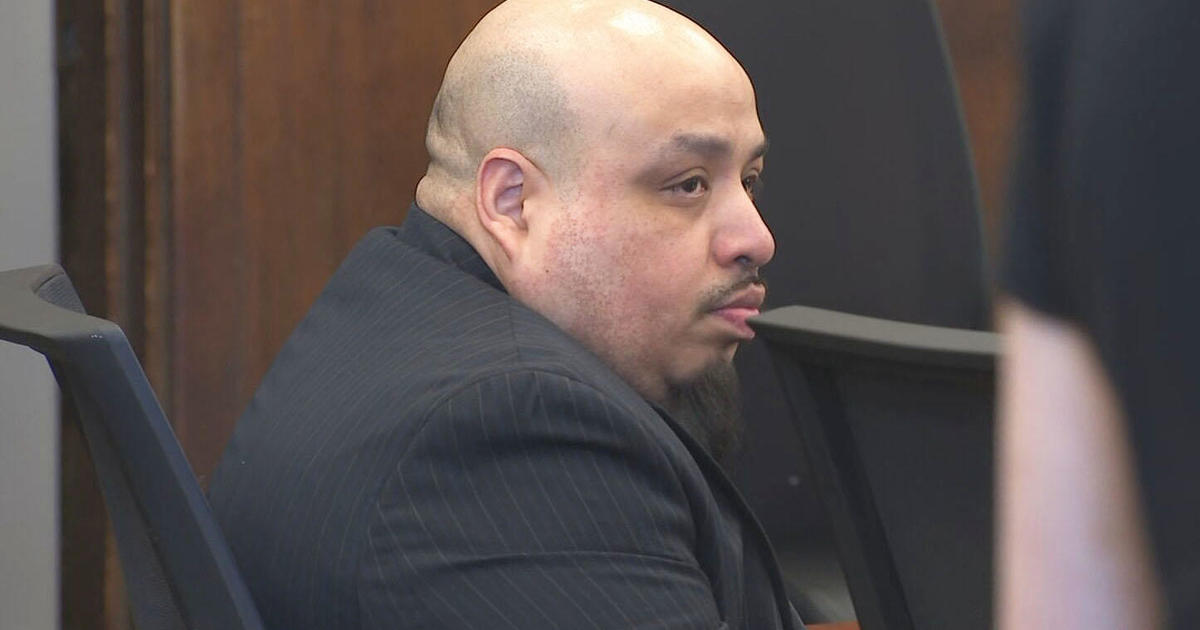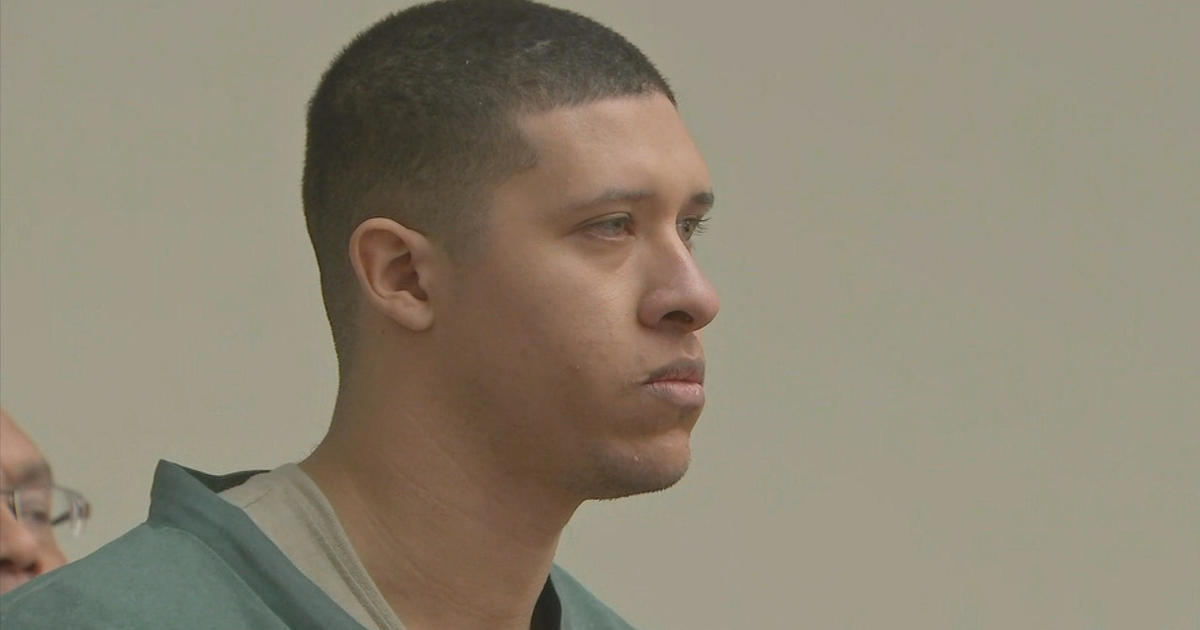Device Helps Researchers Study Impact Of Runner's Stride On Injury
BOSTON (CBS) – On Marathon Monday, thousands of marathon runners will push their bodies to the limits to support a cause. One of them? Advancing medical research in the area of running.
One local hospital has recruited hundreds of marathoners to study the effect of a runner's stride on injury.
This will be Loren Newman's second running of the Boston Marathon but 26.2 miles will be a breeze for him.
The 29-year old from Cambridge is an "ultra" runner and has conquered two 100-mile races in the past.
"It really kind of blurs the line between being a hobby, an addiction, a little bit of a religion," says Loren.
For Loren, or really for any runner, exactly how hard your feet hit the pavement is crucial.
"If you strike the ground and pound it into submission, you're more likely to get injured than if you land more lightly," says Irene Davis, PhD, a physical therapist and founder of the Spaulding National Running Center in Cambridge.
"Your body is a big filter so you have to take the shock that you get when you land and you have to filter it," adds Davis. "Unfortunately the leg takes the bulk of that filtering and so that's where the bulk of those injuries are."
To study the effects of force impact on injury, Davis has recruited about 300 runners in this year's Boston Marathon.
The group includes men and women ages 20 to 80. Some are barefoot runners and others will use highly cushioned soles. And they all have different strike patterns. Loren is one of the study participants.
Before the race, participants will strap on an ankle device which measures tibial shock.
"We can correlate the tibial shock to the injury history that we have in these individuals," explains Davis.
Around 12 billion data points will be collected in all.
Researchers are hoping to use this information to reduce a runner's injuries to their feet, their knees, their hips, their back, even reduce fatigue.
"We're really interested in understanding what it is about the way they run," says Davis. "We're looking at footwear as well. We're also looking at fatigue so we're looking at how hard they hit at the beginning of the race compared to how hard they hit at the end of the race."
The ultimate goal is to design programs for all runners, both amateur and experienced, like Loren, to run at their personal best.
"Anytime you know more about what's going on with you, with your body, with your stride in particular," says Loren, "You can take steps to make yourself more efficient and make running more enjoyable."




